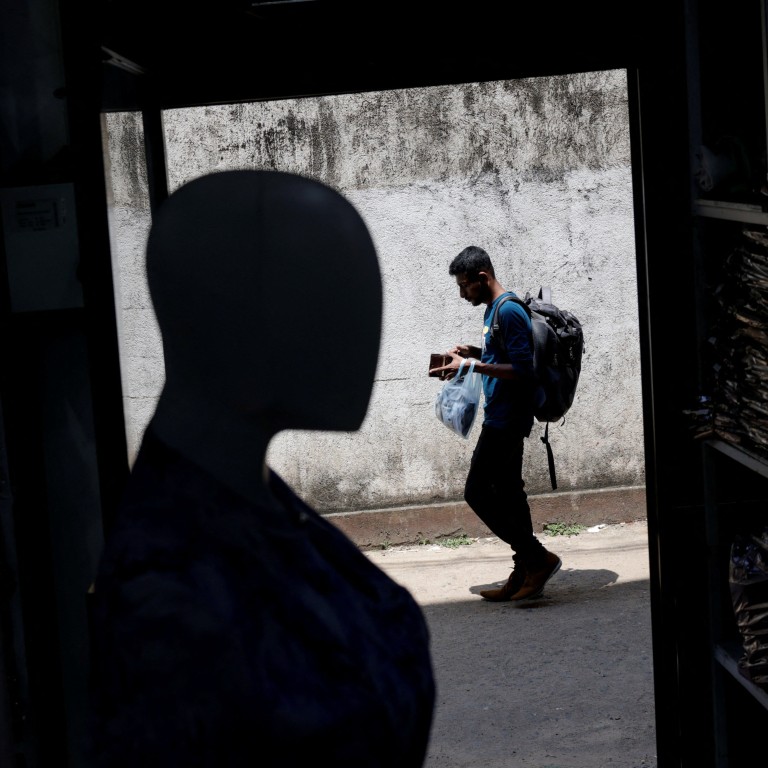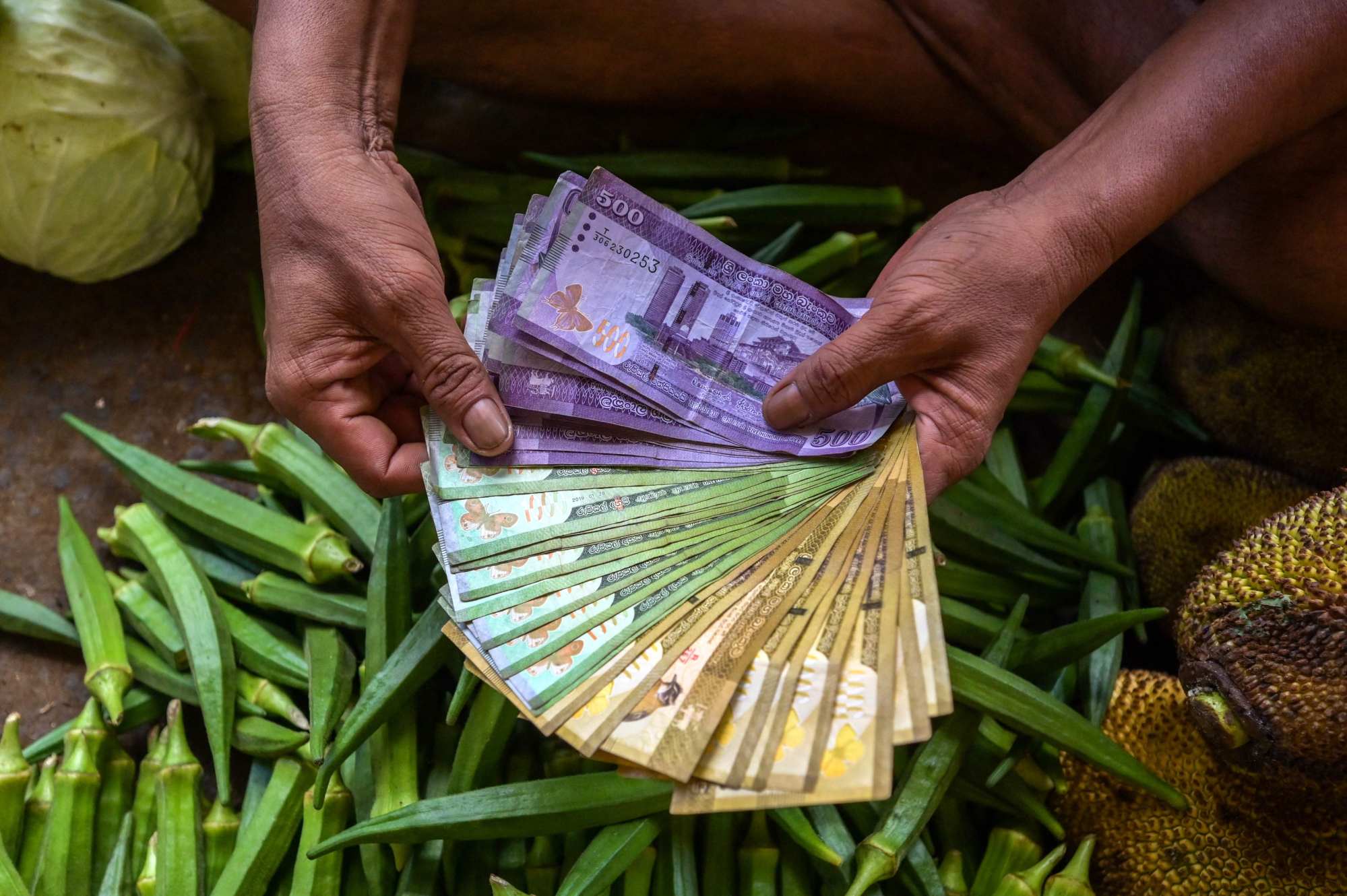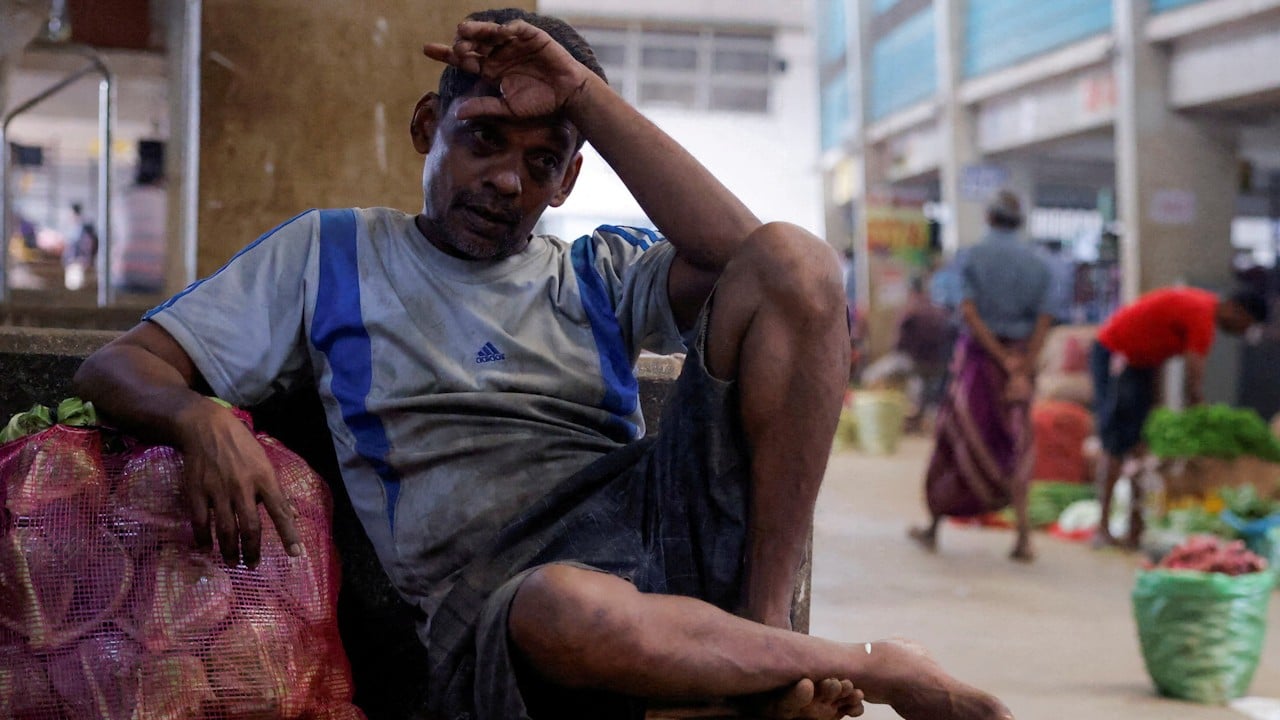
Sri Lanka debt deal shows creditors can set aside geopolitical rivalries for debt-distressed nations
- It was a feat to get China, the world’s largest bilateral creditor, to agree with its geopolitical rivals in the Paris Club and India
- With dozens of countries in debt distress or at high risk, such agreements are desperately needed. But is this a one-off or a permanent shift for China?
But is China’s role in Sri Lanka’s debt restructuring a one-off or a signal that China’s position on sovereign debt has shifted – something that could lead to a global policy breakthrough in negotiating debt restructuring?
While these investments are unlikely to pan out economically, they provide a foothold for China in an island that sits astride the major shipping lanes transporting China’s oil and trade. China’s presence also gives it a foothold close to its main regional rival India. So China’s assurance to the IMF about supporting Sri Lanka’s restructuring is as much about geopolitical considerations as financial ones.

China also said it would not agree to restructure sovereign debt without the World Bank also doing so. This position was resisted by the World Bank’s Western backers. China – the largest single holder of sovereign debt – appeared to be on a collision course with Western governments over Sri Lanka.
Diplomatically, Sri Lanka and the IMF engaged China at the highest level to persuade it to be more flexible with Sri Lanka’s debt. This combination of public pressure at the popular level in Sri Lanka and quiet diplomacy at the highest levels paved the way for China’s change of heart.
Sri Lanka, by dint of hard work, geopolitical relevance and luck, has pulled off a feat others have struggled with: getting China on board a common position for debt restructuring alongside its geopolitical rivals in the Paris Club group of creditor nations, and India.
The question for China is whether to join a debt restructuring framework that, while a flawed product of Western economic and political power, is tried and tested. Or does China use its new-found position as the world’s largest bilateral creditor to argue for a new system?
The dilemma is that while China may have a desire and even a claim to such a reworking of global rules, doing so takes time. But time is what most indebted countries struggling with no foreign exchange, lack of resources and mounting debt, simply do not have. And any delays will surely be to China’s political and diplomatic disadvantage.
‘Faster, more efficient’ plan needed for countries in debt distress: IMF chief
A way to proceed would be for China and the West to agree to a compromise that swaps time for money. This would involve getting China to hurry up in committing to restructuring debt, and getting the West to pony up in contributing debt relief.
The West demands that China sticks to a fixed timeline in restructuring debt, since China’s reluctance to agree to a multilateral deal has delayed IMF bailouts. And China demands that multilateral development banks, like the World Bank, provide debt relief equal to that provided by China, since these banks’ debt constitutes an important contributor to overall debt loads.
A possible middle ground would be a commitment from the West to increase grants and concessional loans from the multilateral development banks to countries in distress, to match the debt relief provided by the Chinese. In return, the Chinese could agree to provide commitments to restructure debt within a shorter timeline. This first step could lead to other significant ones and contribute to a more coherent debt architecture in the interests of both borrowers and creditors.
With dozens of countries in debt distress or at high risk of it over the coming months, such an agreement between China and Western creditors is sorely needed. Let Sri Lanka be a positive lesson about restructuring debt through an agreement between creditors who are geopolitical rivals, rather than the exception to a destructive pattern of Western and Chinese geopolitical rivalry further impoverishing debt-distressed states.
Ram Manikkalingam is director of the Dialogue Advisory Group


